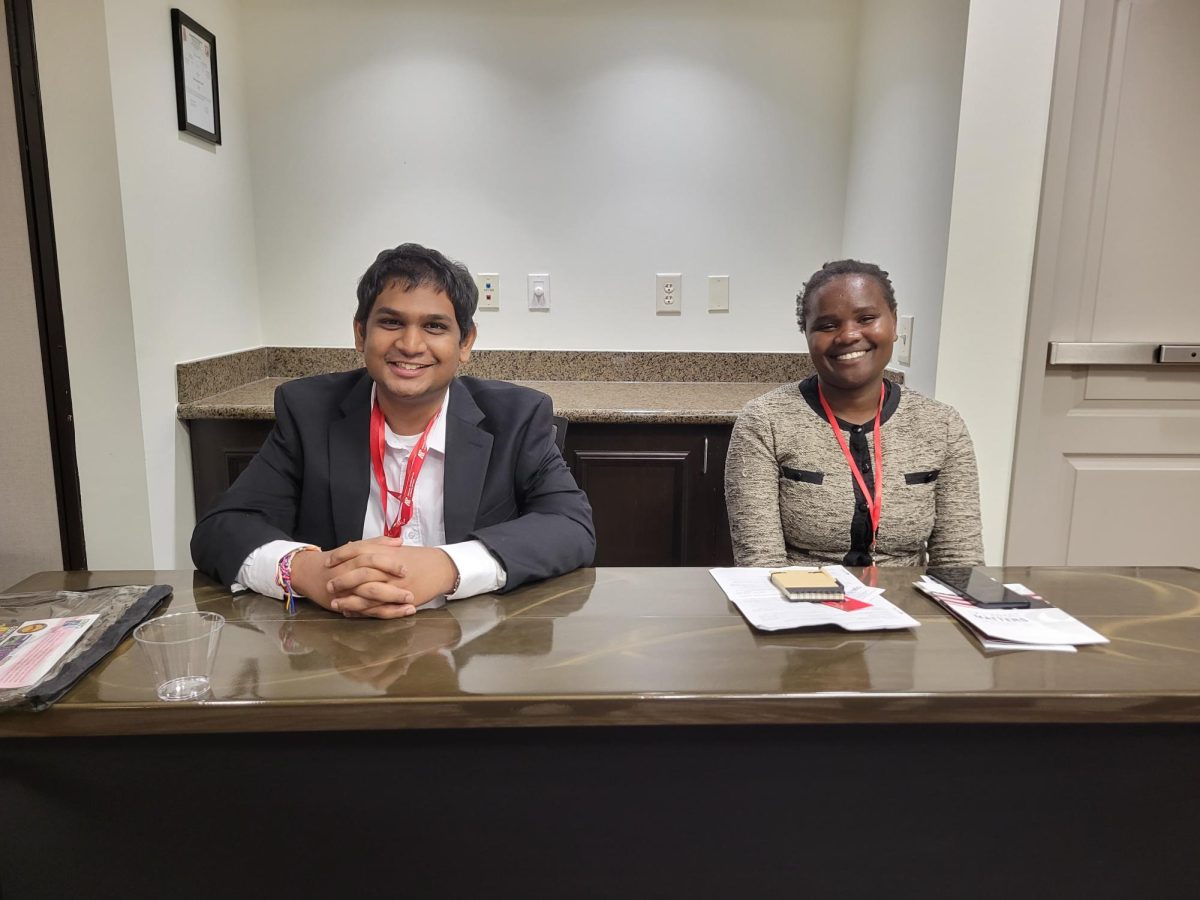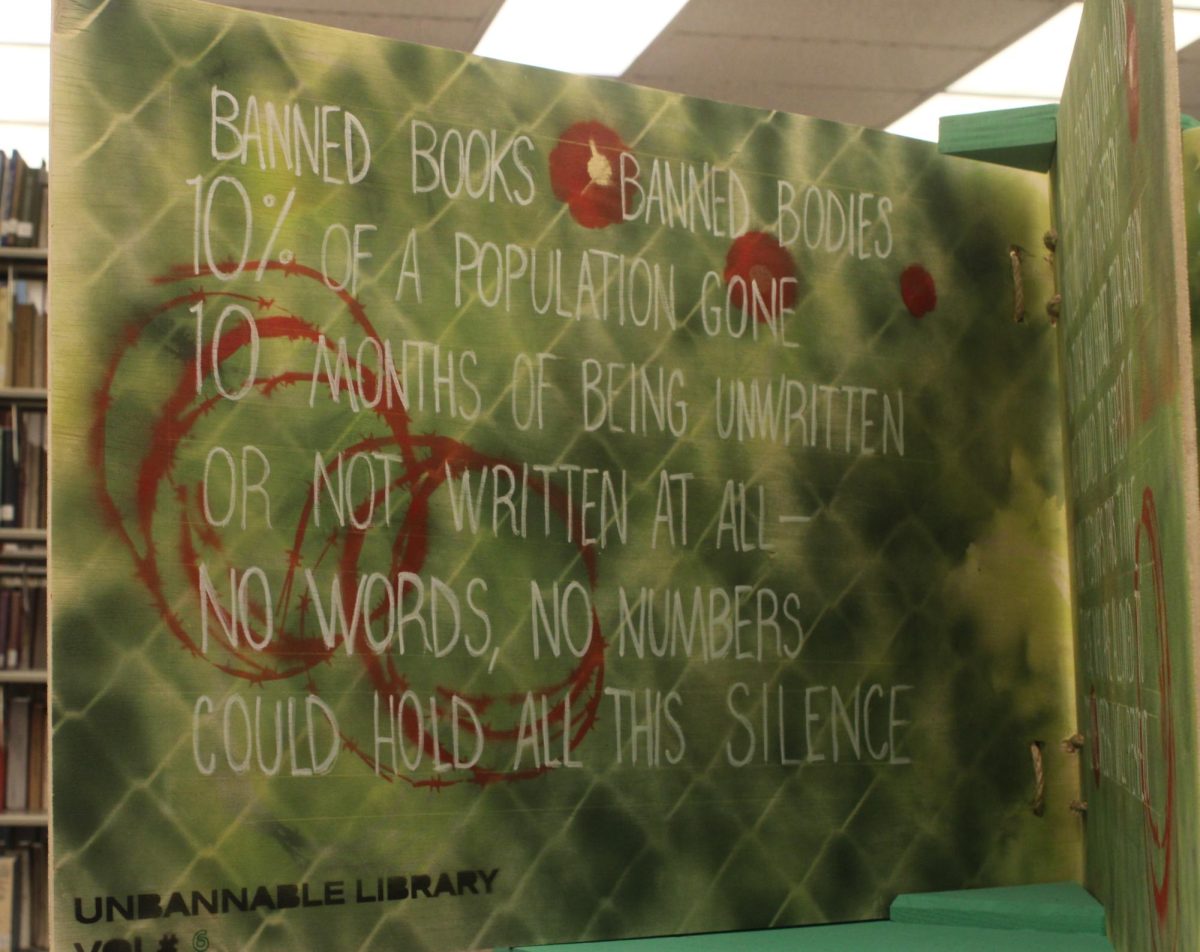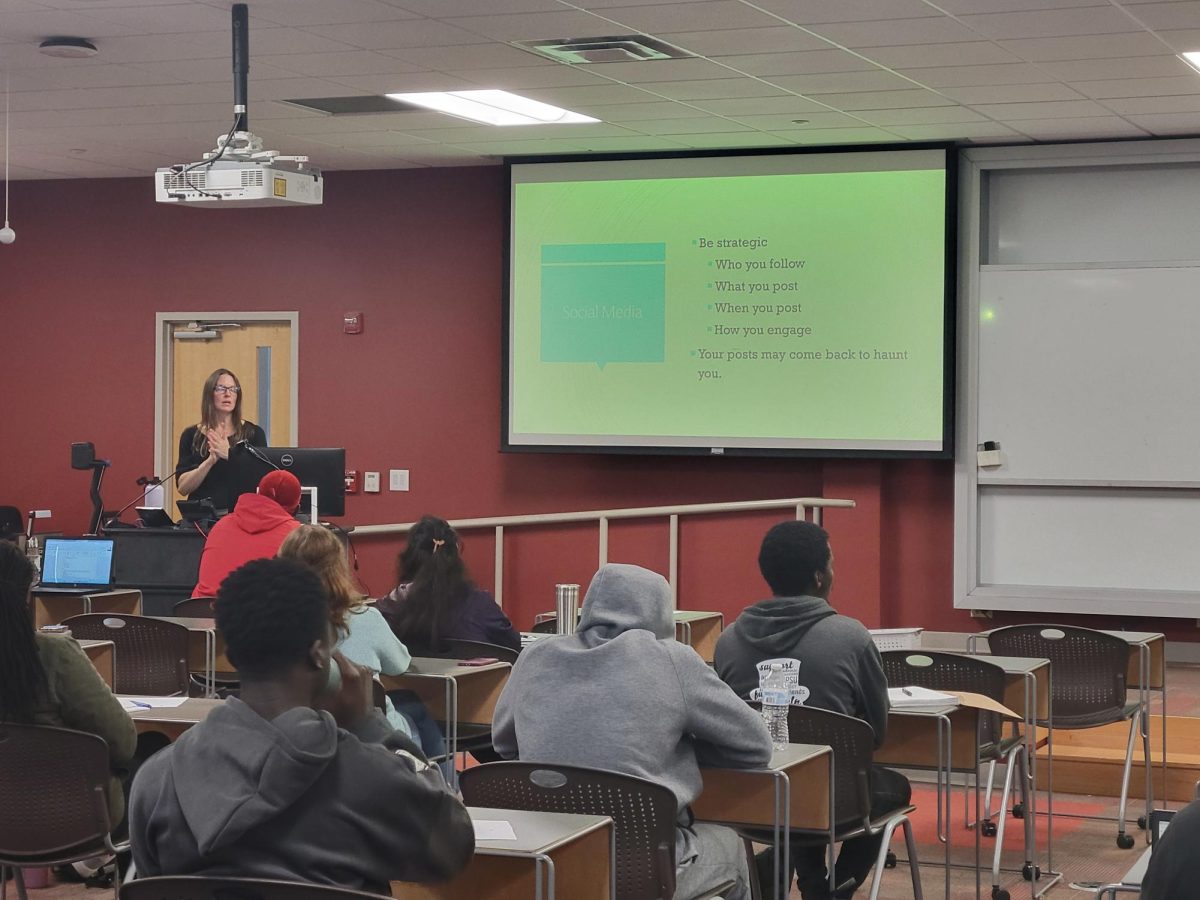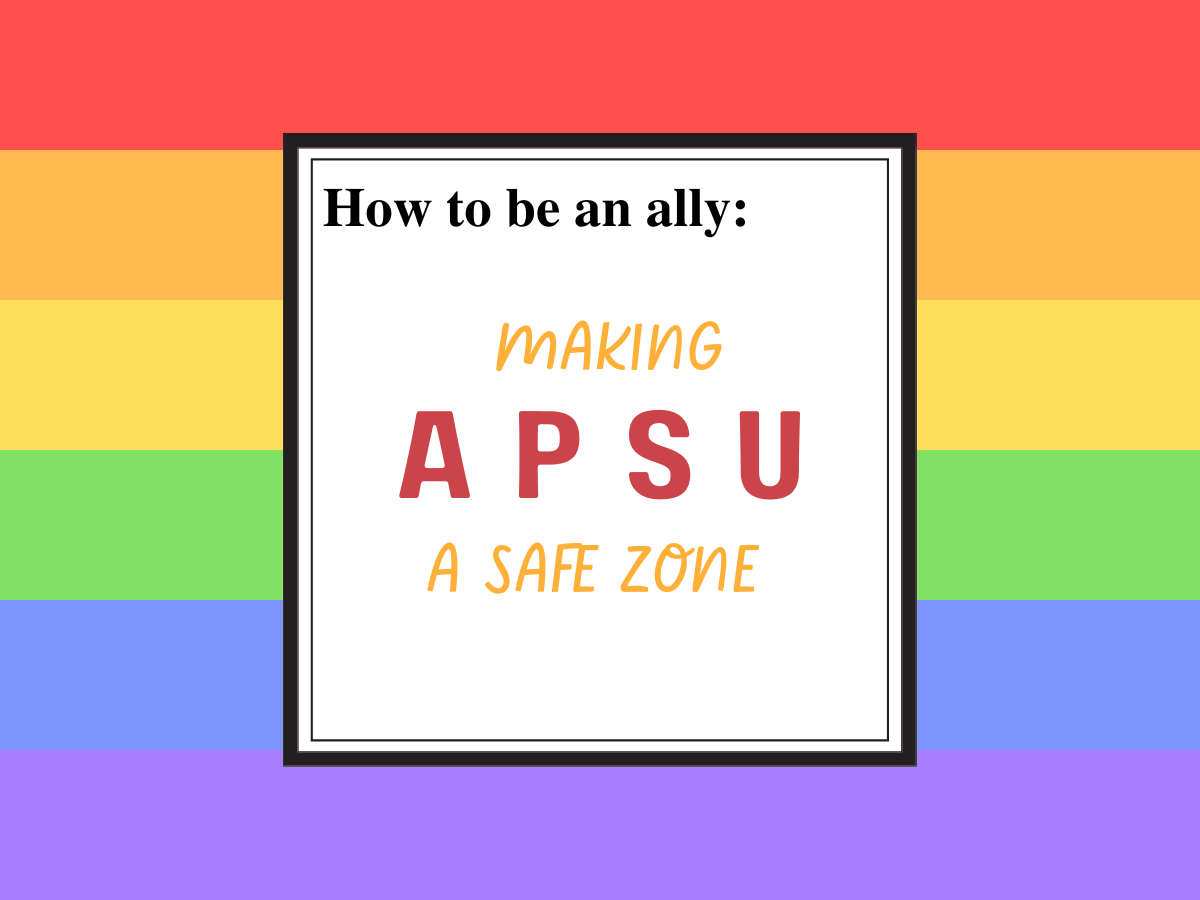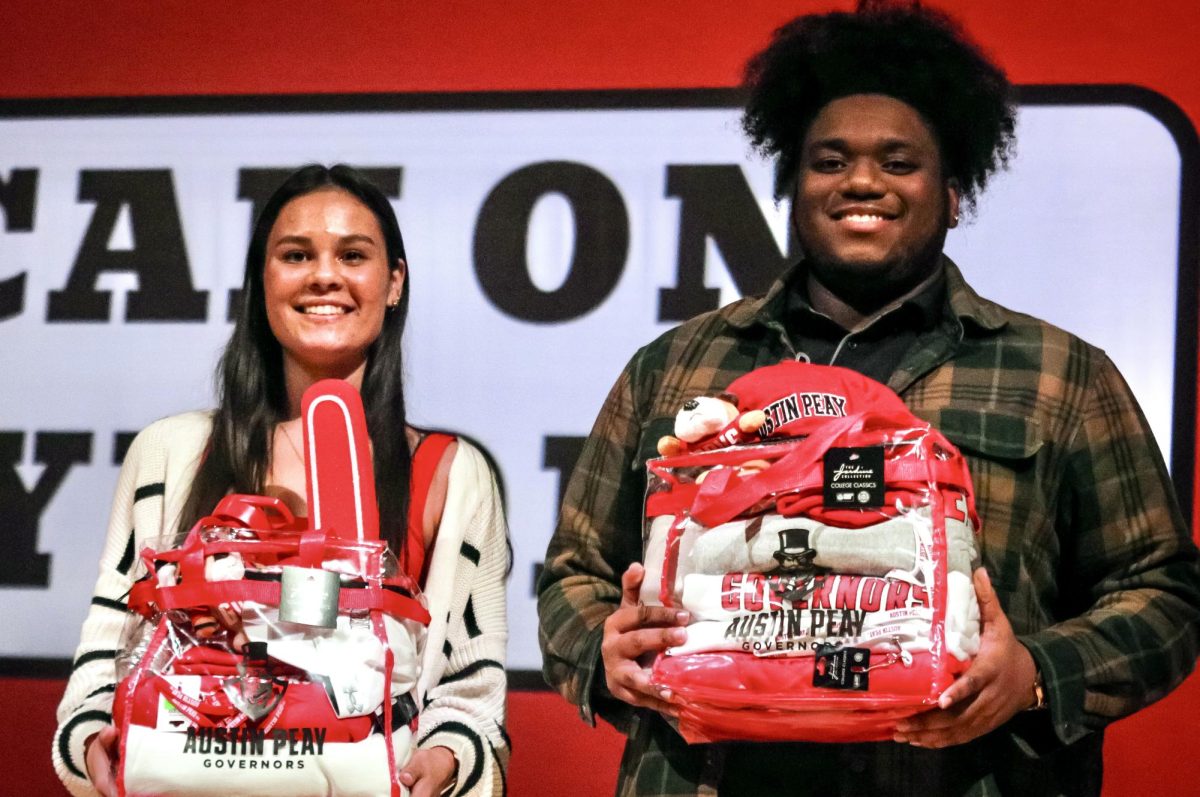Student Publications has cancelled the 2015 print edition of The Monocle Yearbook and any editions afterward until further notice. Students on the yearbook staff will still receive scholarships and remain a part of Student Publications, but due to difficulty selling and funding the publication in recent years, no physical yearbooks will be available for an indefinite amount of time.
The APSU yearbook, formerly known as Governor’s Pride and Farewell and Hail, went out of production for the first time in 1993 and was reinstated in 2009 as The Monocle. Student Publications has charged only slightly more than half of what it costs to print a copy of the yearbook, and the rest of the price is covered by portions of the student activity fee collected at enrollment each year, which is divided between all departments in Student Affairs.
These funds are also used to pay the students on the yearbook staff, and the amount initially available is directly dependent on the number of students who enroll each year. When sales are as low as they have been, the funding gap that has to be met by advertising, sponsorship and fundraising becomes much larger. Though 100 yearbooks were ordered this year, fewer than 30 were sold.
Though The Monocle will no longer be printed, the work of the yearbook staff will not go to waste. “What they are working on right now will be published at some point,” said Jake Lowary, adviser of Student Publications. “We’re exploring every option, everything from a digital yearbook that is entirely online to something that is inserted in the newspaper or some sort of magazine-like publication.”
Lowary also said that the simplest way for the yearbook to be reinstated would be for the students to sell enough advertising to cover the cost of printing the yearbook, about $10,000.
The loss of The Monocle is purely a financial decision and has no reflection on any student participation since the reboot in 2009, according to Lowary. “It was one of the most difficult things I’ve had to do, to tell [the students] they weren’t going to be able to print their yearbook,” Lowary said. “When I told them, I was afraid they would be really upset and discouraged. Actually, they were encouraged, and there was a level of motivation there because of what they were doing and the challenges they were faced with.” TAS


